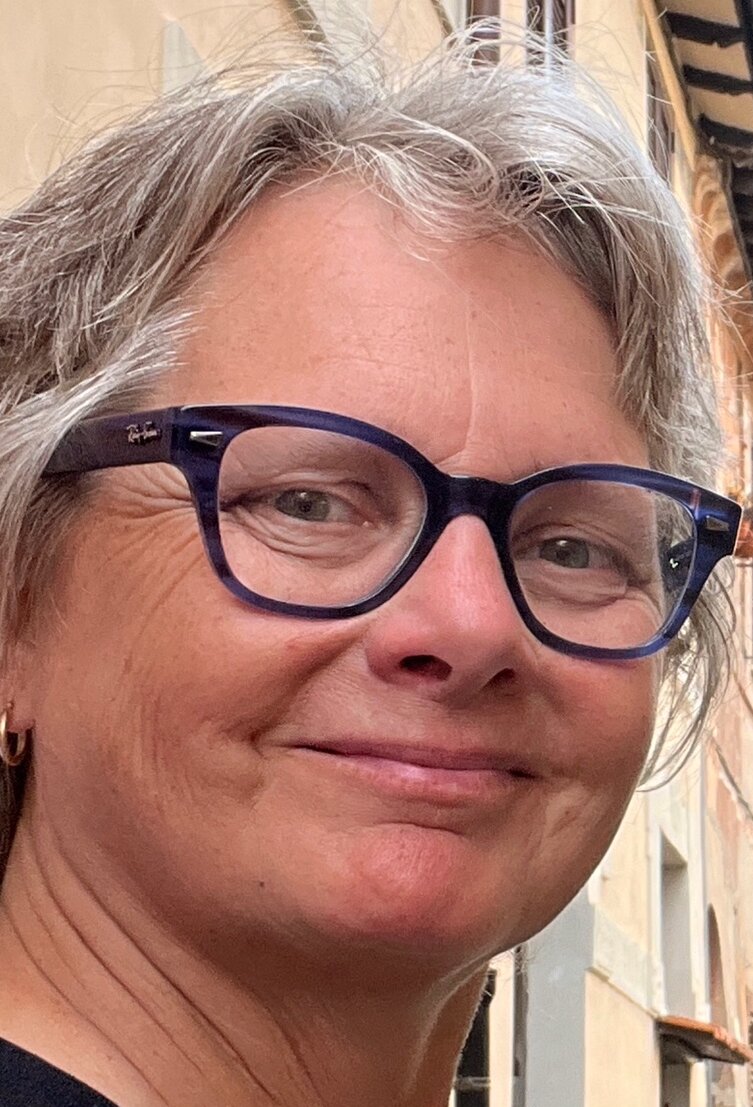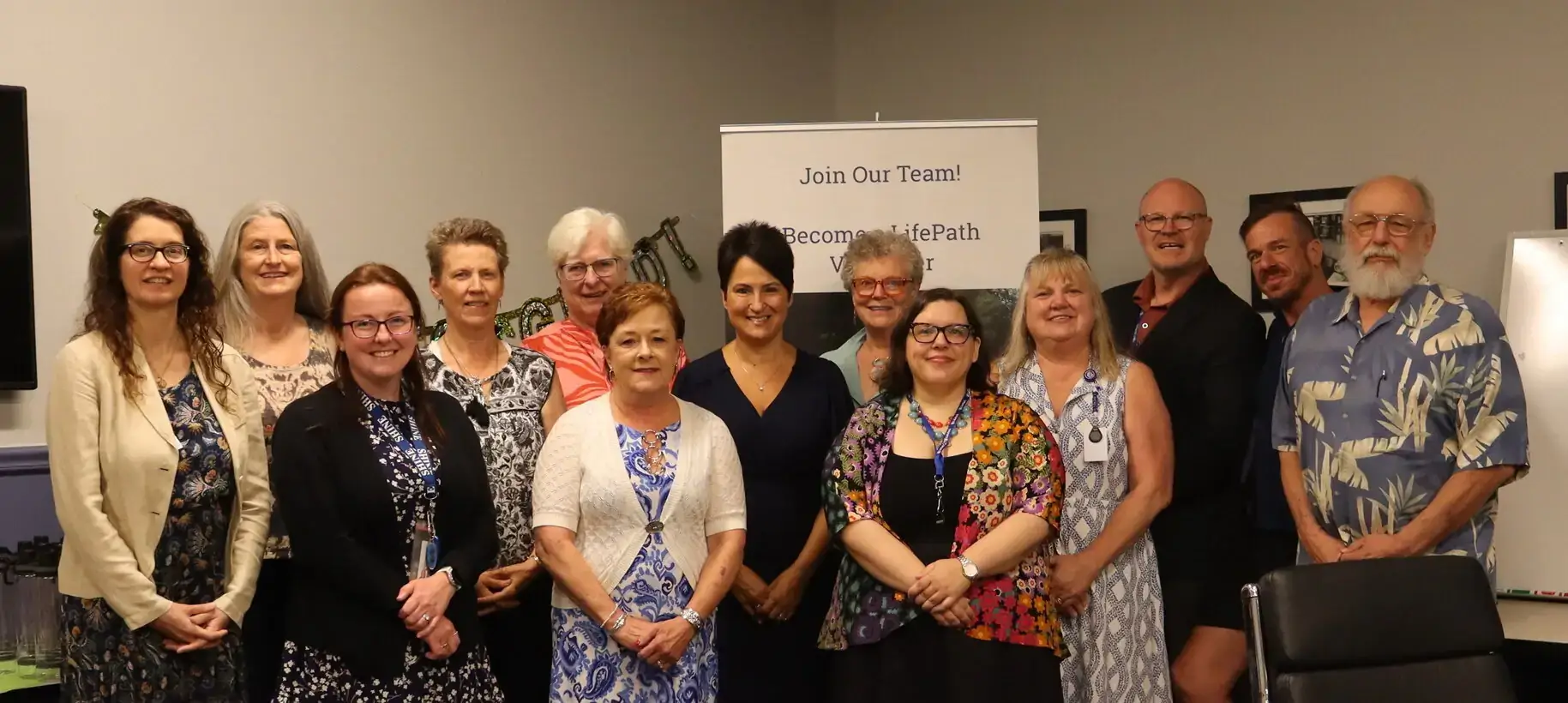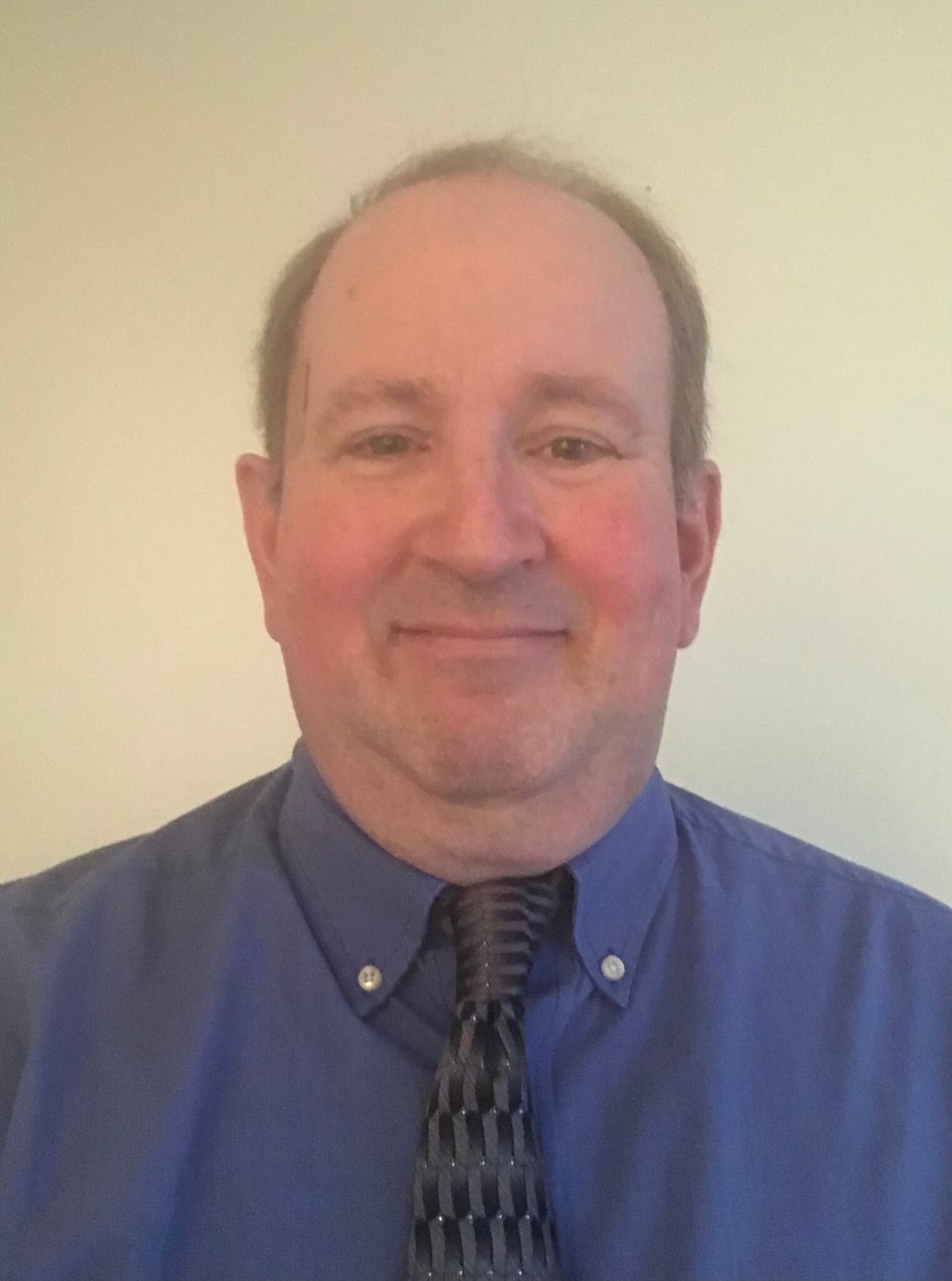“It’s just like a gift from heaven”
Jean Adams spent most of her life working. “I worked 46 years of my life and I’m 76,” says Jean. “My parents always felt that we needed to know what it was like to earn money. So at 12 years old, I got a summer job washing milk bottles on a farm, 75 cents an hour. That was hard work, you know?”
That first job was in Winchester, New Hampshire, during the 1950s. The next job was “for a well-to-do lady,” says Jean. “She wanted us to do her housekeeping. We learned all the proper ways of doing things.”
A couple years later, the family moved to Brattleboro, Vermont. “In the summer I worked for Estey Organ,” says Jean. “I had to get a permission from the state of Vermont, because I wasn’t 16, to work. I wired resistor boards in the organs. I can remember that to this day.”
In her 20s, Jean moved to Massachusetts. “I’ve been in Athol and Orange over 50 years,” she says. During that time, she took a job working as a housekeeper for a local celebrity.
Jean married, cared for her late husband when he fell ill, cared for both sets of her grandparents, and took care of her father. “My mom I had to put in a nursing home because she did get Alzheimer’s,” says Jean. “I tried after my first husband died to bring her home. And it’s a funny thing, because she came to enough to say, ‘Bring me back to the nursing home. That’s where I need to be.’ And that helped me, because I had always vowed I’d never put my mom in a nursing home.”
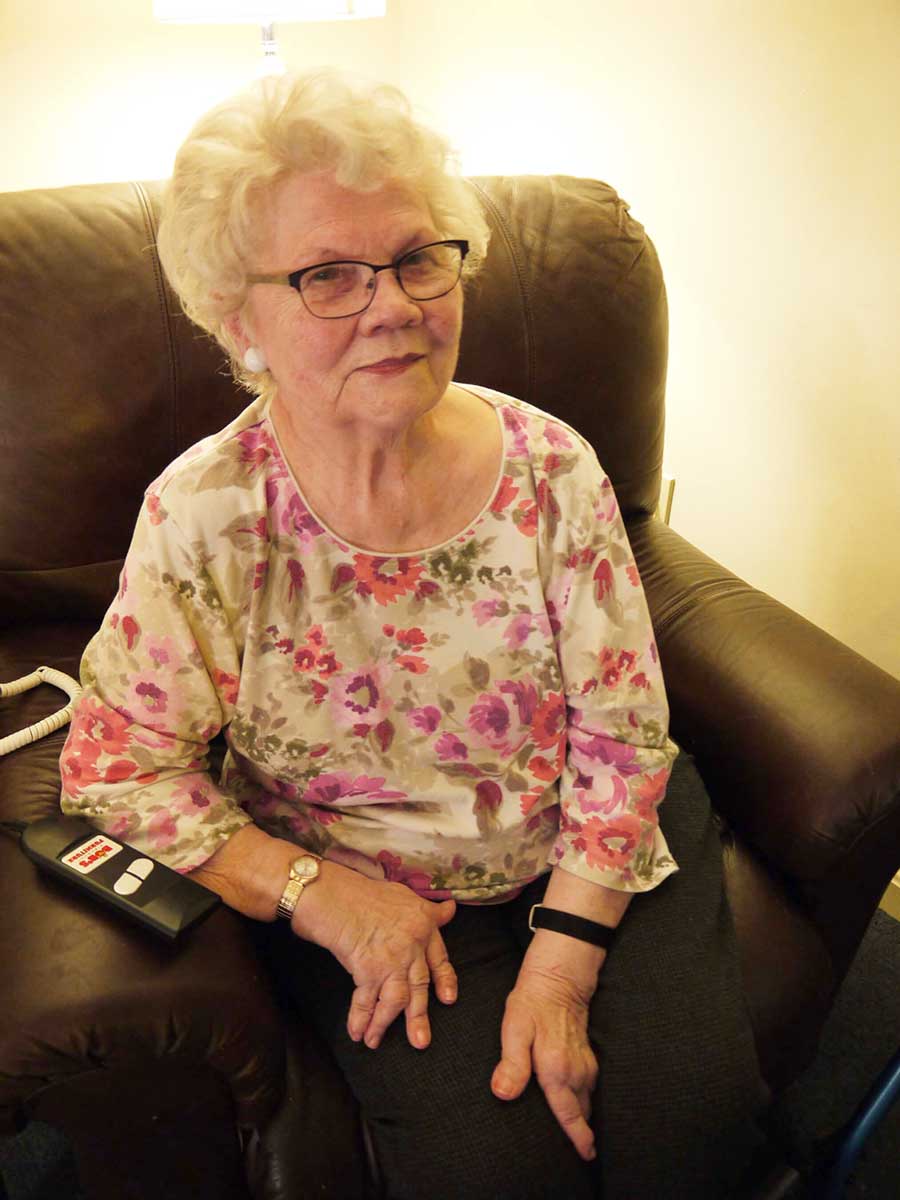
Then, in 1992, Jean got sick. “I’ve had severe rheumatoid arthritis in my whole body,” says Jean. Jean continued on working for many years until one day she felt like she could no longer fulfill her job duties. That was about 15 years ago. “I thought when my first husband died that I was going to be fine. But money goes like a flash in the night, with the medical bills and whatnot.” Since she retired, she has continued to support herself with social security. “I continually get more frail and other problems.”
Jean’s second husband passed away five years ago. At that time, she had still been driving her own car. “My eyes are bad,” says Jean, “and one day I went to the doctors in Greenfield, drove myself, and I got to the first exit. I did not see the [cones]. Well, the police came behind me blowing their horns, lights flashing, and stopped me. Of course I apologized profusely, but I realized what danger could have been to the workmen that were down there. So I came home after my appointment, parked my car, put a sign in it, and sold it that day. I wasn’t going to go out of this world killing somebody.”
Around this time, Jean went to the laundromat in Athol. “I was endeavoring to put my clothes into the dryer and put the money in the dryer,” says Jean, “and this gentleman come over to me and said, ‘May I help you? I see you’re having difficulty seeing.’”
The man helped her out with her laundry and suggested that she look into a Senior Care Options plan, or “SCO,” a comprehensive health plan for seniors through a Medicare-Medicaid partnership that combines health services with social support services. Jean is now one of more than 350 participants served this past year through the SCO and One Care care coordination at LifePath.
“I cannot even comprehend [what] they’ve been doing for me,” says Jean. “It’s just like a gift from heaven. Every individual that has helped me has been the kindest, most sincerely caring that I have ever dealt with in the medical field.”
Through LifePath, Jean qualifies for and is enrolled in the Personal Care Attendant (PCA) Program. To qualify for the PCA Program, a person must require physical assistance in two areas of their daily life, such as:
- mobility and transfers
- medication assistance
- bathing and grooming
- dressing and undressing
- toileting
- feeding
A PCA Program skills trainer provides qualifying individuals with orientation to the program and requests a doctor’s referral. People who are able to hire and manage their own PCAs are supported to do so; those who need assistance can have a surrogate appointed. PCAs are paid with funding through MassHealth. Types of assistance can include bathing, dressing, homemaking, laundry, shopping, meal preparation, and medical transportation, as needed.
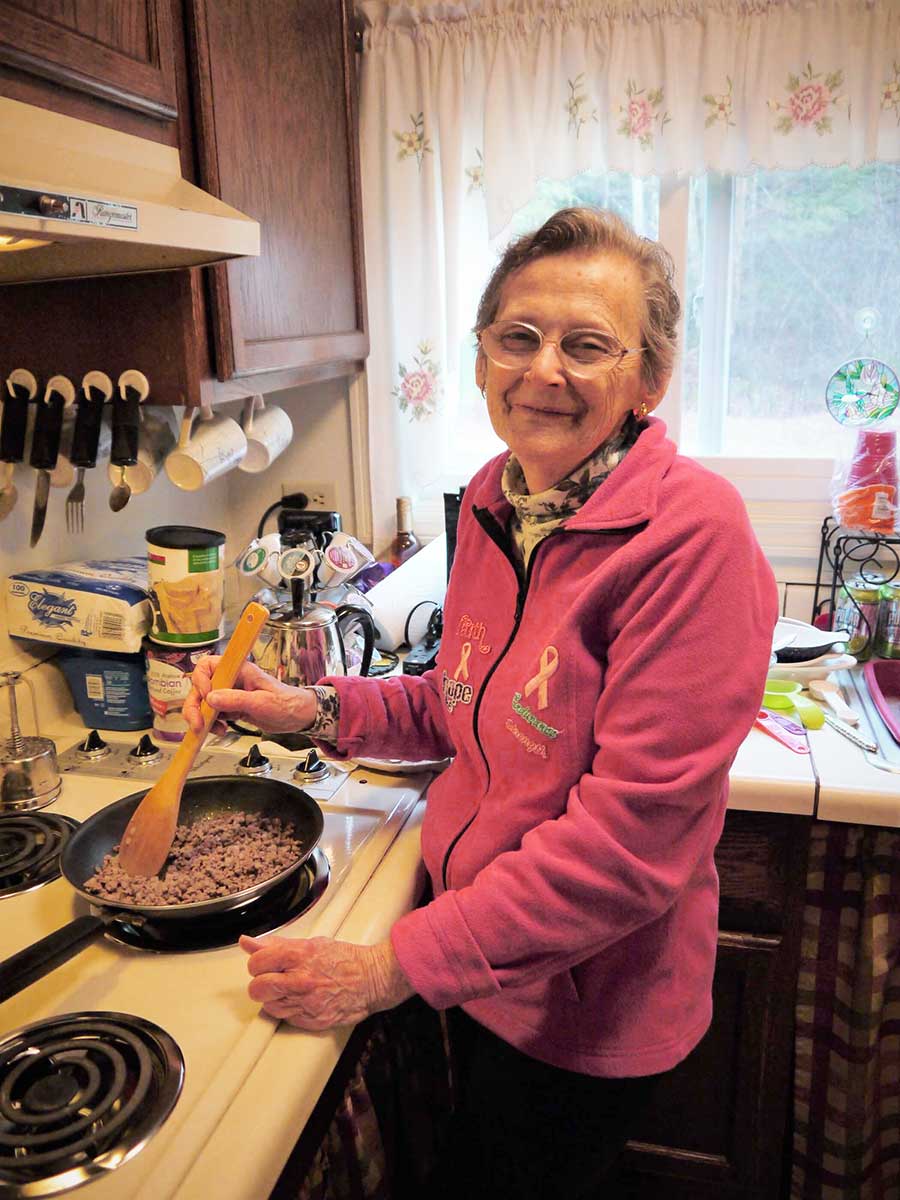
“I have two personal care attendants (PCAs),” says Jean. “One cooks, that’s Mary, and the other, her name is Marie. Both are outstanding, dedicated workers, and I’m very, very grateful.”
Jean says that Mary is a fabulous cook. “She’s clean, she’s neat, she’s efficient. She leaves my kitchen like nobody was there when she’s done, and she will cook anything that I ask her to cook. Everything’s from scratch, and I like that. I usually have her cook for two days, because I’m not supposed to be around the stove. See these hands? I drop everything, easily burnt, which I have done. And I spill things and make a mess and can’t deal with that.”
Likewise, Marie has been there for Jean in a variety of ways. A few months ago, while out shopping together for sheets to fit a new hospital bed, Jean had a health crisis. Marie took her to Athol Hospital and stayed with her until she was transferred to Baystate that evening.
After many years of caring for others, Jean is grateful to feel “really cared for” now by Mary, Marie, and the LifePath case managers, skills trainers, and nurses who have helped her. “I’ve had such an attachment,” she says of the people she’s spoken with from LifePath. “They call on the phone. They keep good track of you! All of them, they are just so sweet and caring, and they seem genuinely so. It doesn’t seem like it’s a facade; it just seems genuine. And that makes you feel so good.”
Contact us to learn more about how services from LifePath could support you or a loved one.


